Rav 4 For Sale By Owner – The world of second-hand shopping has also made quality goods more accessible. In a sense, the very nature of human existence can feel like a transaction. Quality goods for sale are not just limited to luxury items or high-end brands. When a person creates something, they are offering a piece of themselves to the world, not for sale, but as a gift. There is also a growing trend of upcycling and repurposing second-hand goods, where items that may no longer serve their original purpose are transformed into something new and useful. People can be bought and sold in the form of labor, for example, and loyalty can be traded for material gain. Beyond financial savings and environmental impact, second-hand goods also offer a sense of nostalgia and connection to the past. One of the key defining features of quality goods for sale is their ability to stand the test of time. The environmental benefits of buying second-hand goods go beyond just reducing the need for new production. For fashion-conscious individuals, buying second-hand is a way to express their personal style while also supporting sustainable practices. They are investments, not just purchases, and their value is often felt long after the original transaction has ended. The result is a society that increasingly prioritizes consumption over connection, profit over meaning, and exchange over understanding. The satisfaction of purchasing quality is often deeply intertwined with the knowledge that your money is going toward something that truly deserves it. The second-hand market is not just about saving money; it’s about embracing a more sustainable, mindful way of consuming that values reuse, repurposing, and the stories behind the items we choose to keep. The appeal of finding a hidden gem, something that has been cherished by someone else and is now available for a new owner, is a part of the allure of second-hand goods. As more people embrace the idea that everything has value, second-hand goods will continue to be a central part of the way
Quality goods for sale have always held a special place in markets around the world, captivating consumers with their promise of durability, performance, and timeless appeal. The decision to sell an heirloom piece of furniture, for example, can be emotionally complex, as it involves a shift in one’s connection to the past. The object becomes more than just an object – it transforms into a transaction, an exchange of value. Entrepreneurs can launch businesses from their homes, and freelancers can offer their skills to clients across the world. Quality products often come with warranties and customer service support, offering peace of mind to consumers who are investing in something that will serve them well over time.
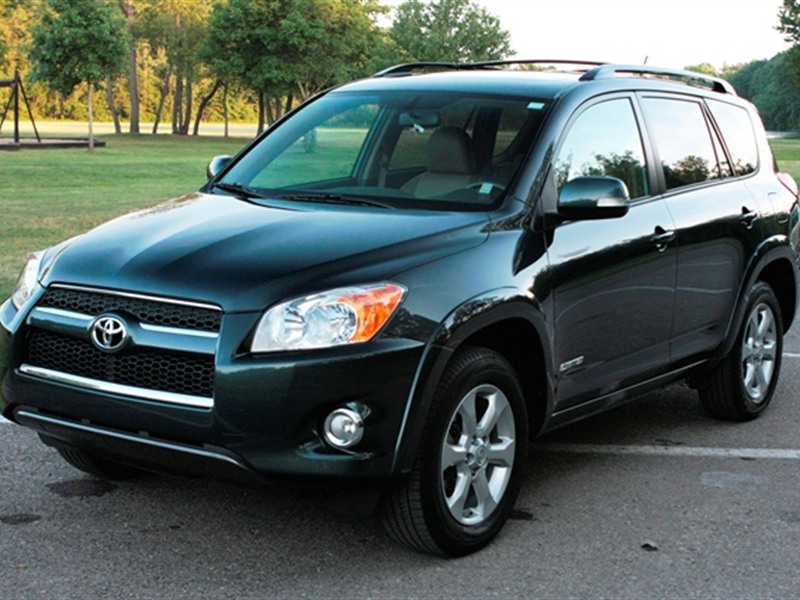
2010 Toyota Rav 4 for Sale by Owner in Saline, MI 48176
List your used car onlinesecure transactionsvehicle history check
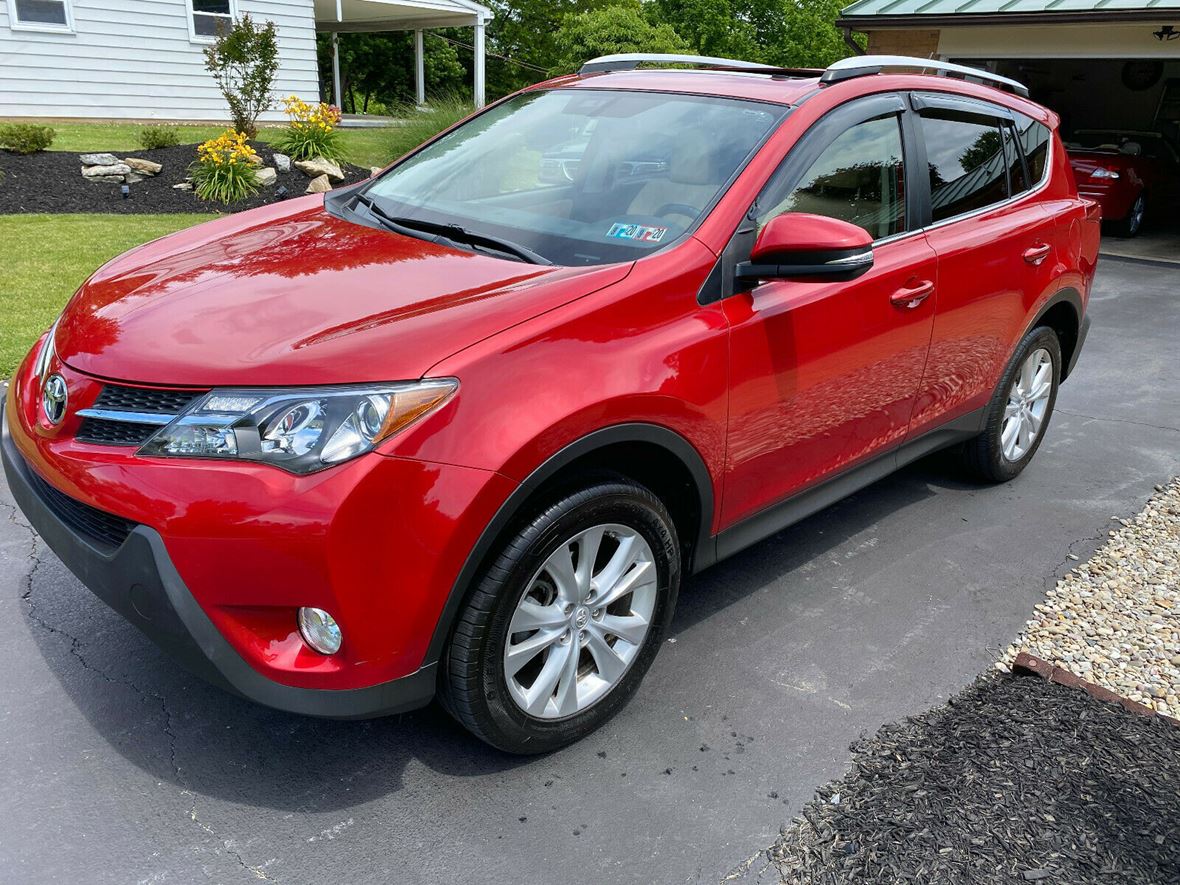
2014 Toyota Rav4 for Sale by Owner in Charlotte, NC 28213
List your used car onlinesecure transactionsvehicle history check
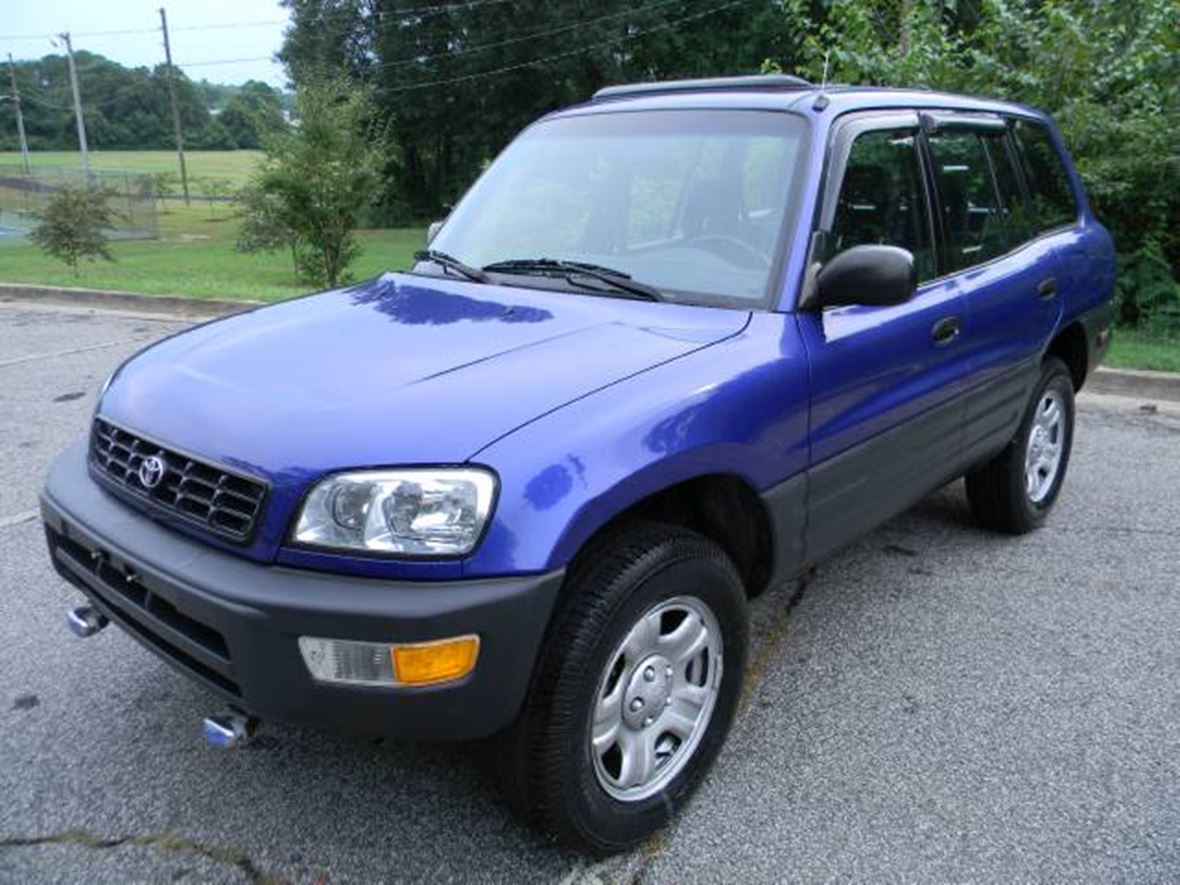
1999 Toyota Rav4 for Sale by Owner in Philadelphia, PA 19019
List your used car onlinesecure transactionsvehicle history check
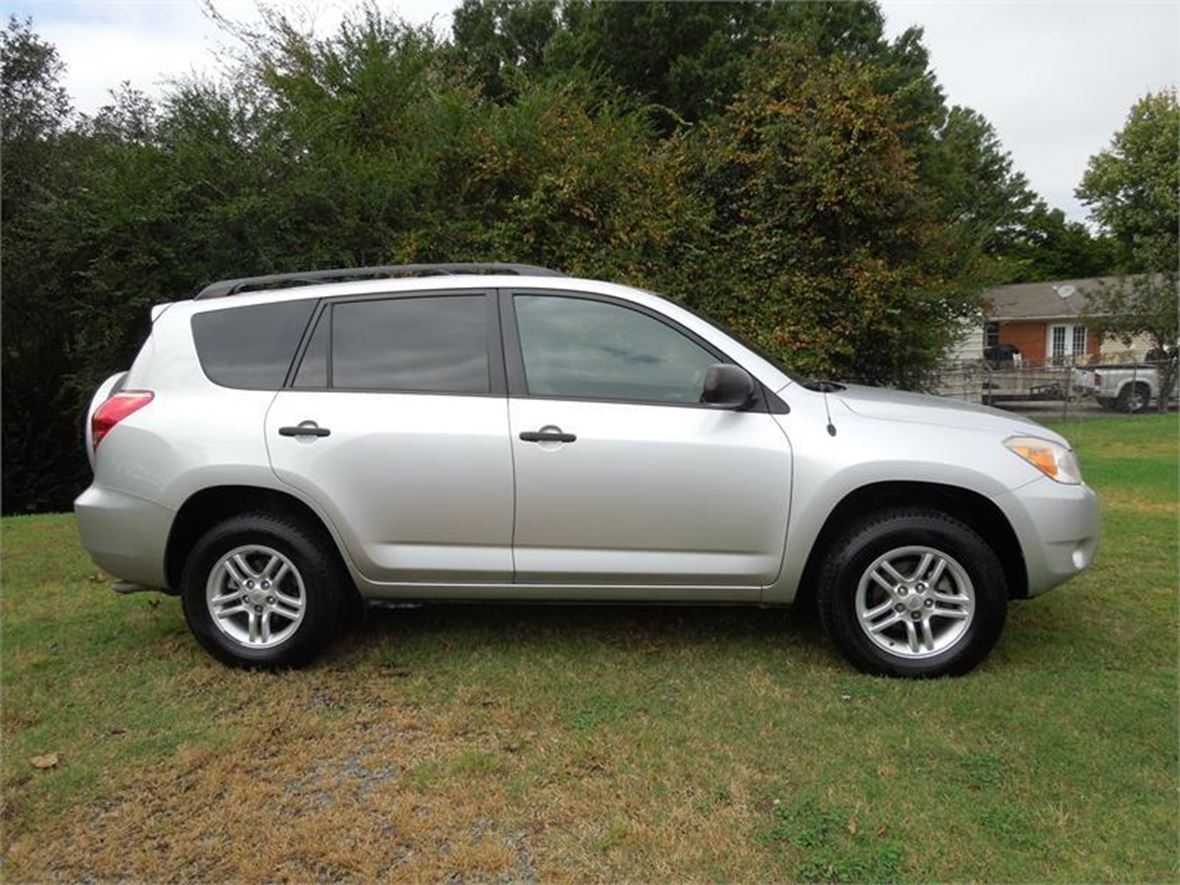
Used 2007 Toyota Rav4 for Sale by Owner in Fremont, CA 94539
List your used car onlinesecure transactionsvehicle history check

Used 2019 Toyota RAV4 XLE Premium For Sale Mount Pleasant SC MB10078M
List your used car onlinesecure transactionsvehicle history check
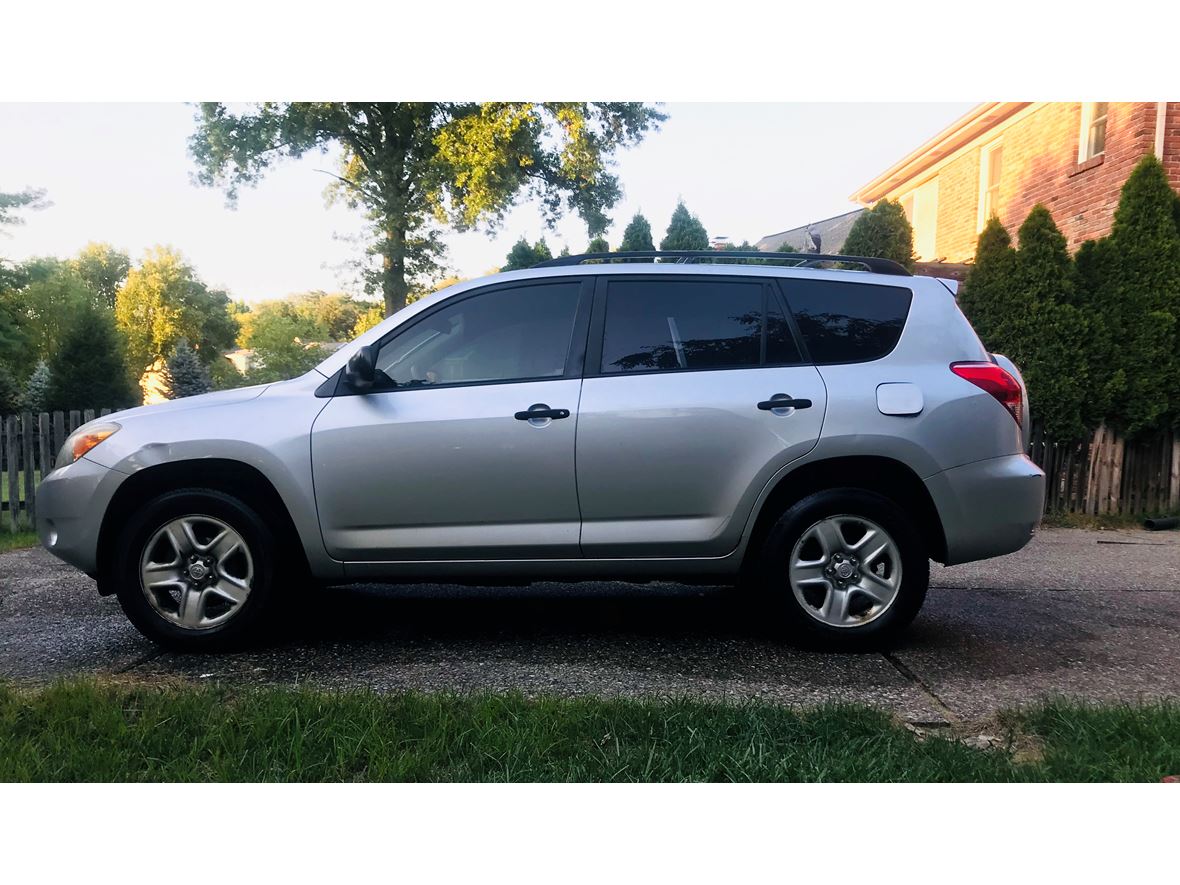
2008 Toyota Rav4 for Sale by Owner in Louisville, KY 40223
List your used car onlinesecure transactionsvehicle history check
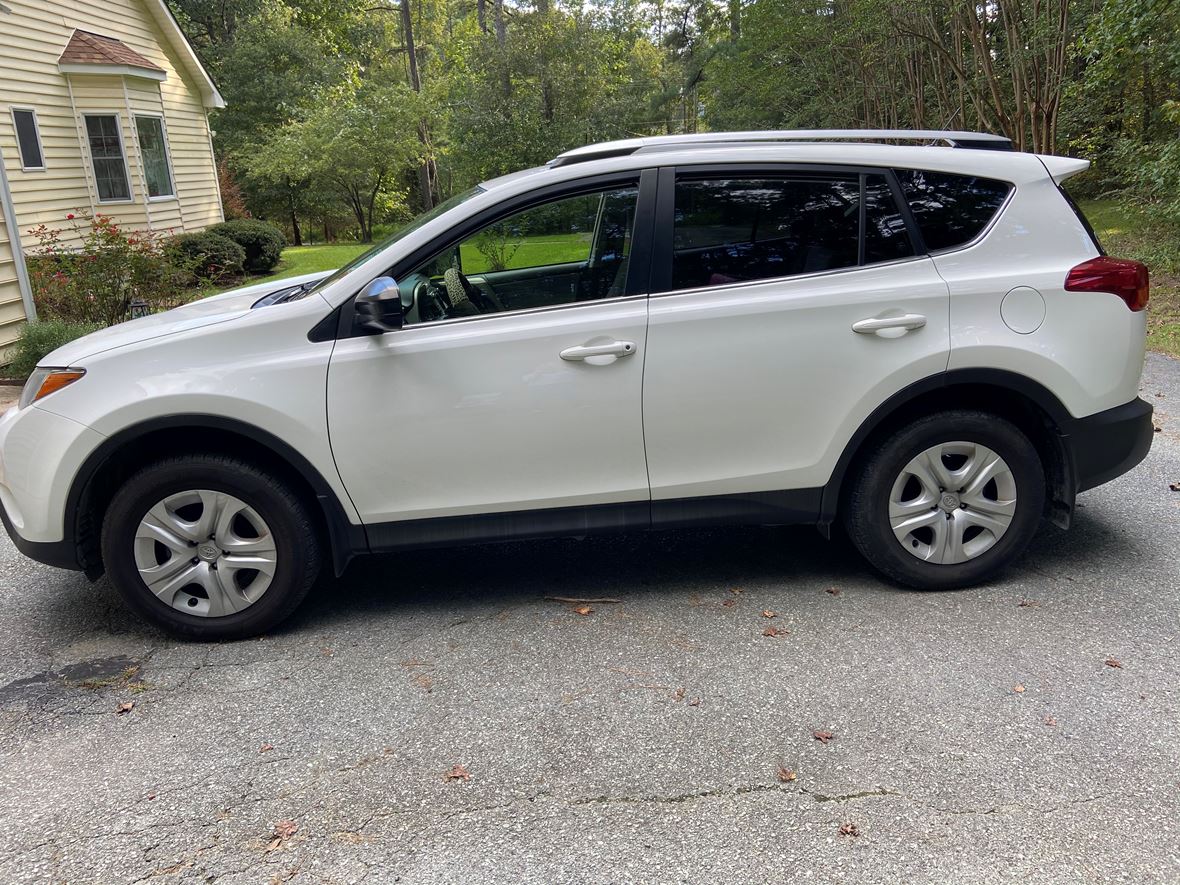
2015 Toyota Rav4 for Sale by Owner in Durham, NC 27704
List your used car onlinesecure transactionsvehicle history check
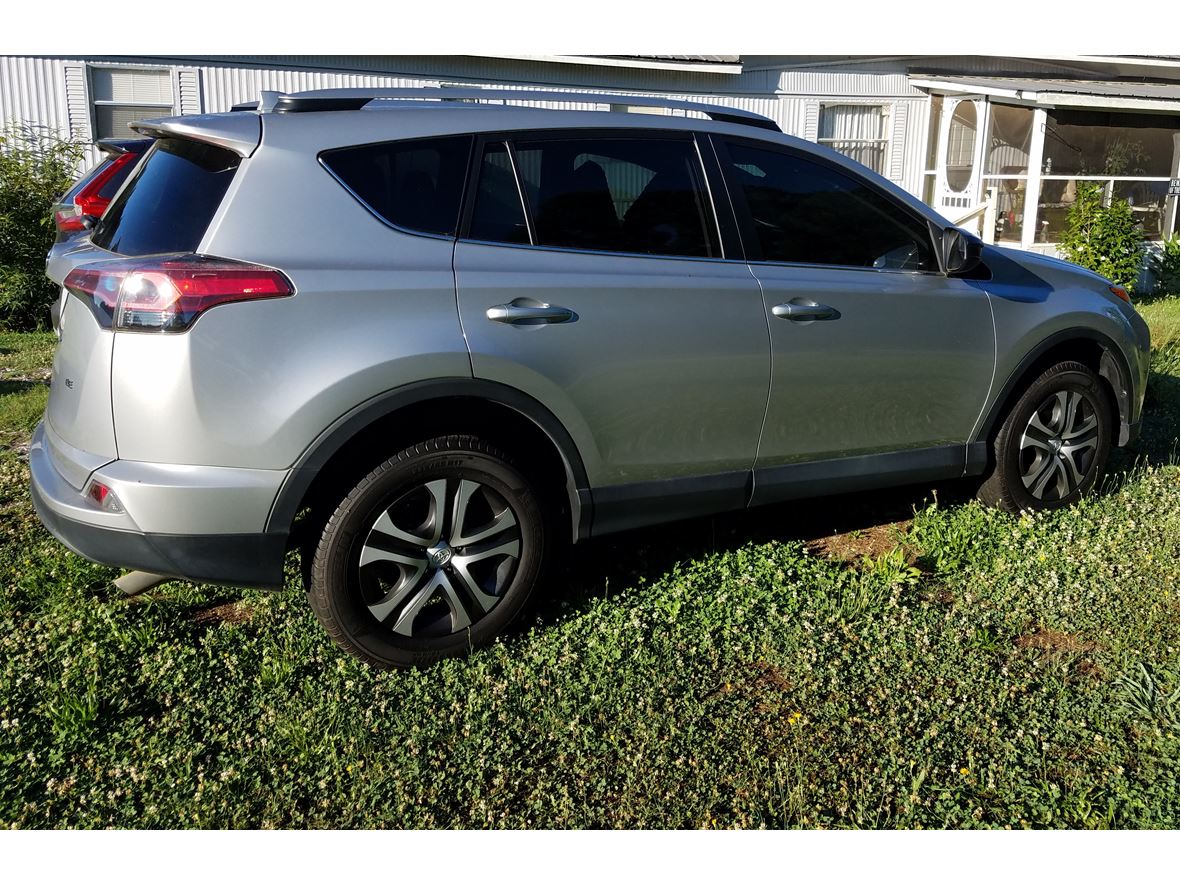
2018 Toyota Rav4 Private Car Sale in Eastanollee, GA 30538
List your used car onlinesecure transactionsvehicle history check
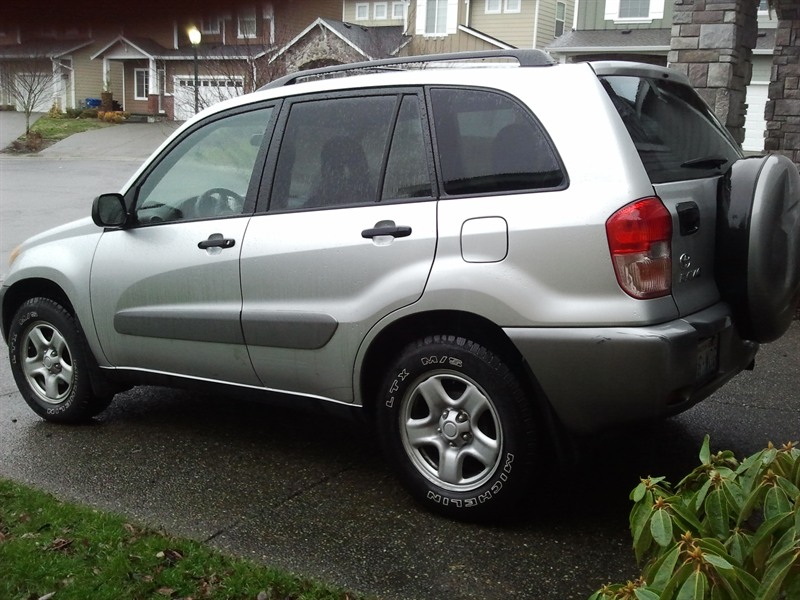
2002 Toyota RAV4 for Sale by Owner in Maple Valley, WA 98038
List your used car onlinesecure transactionsvehicle history check
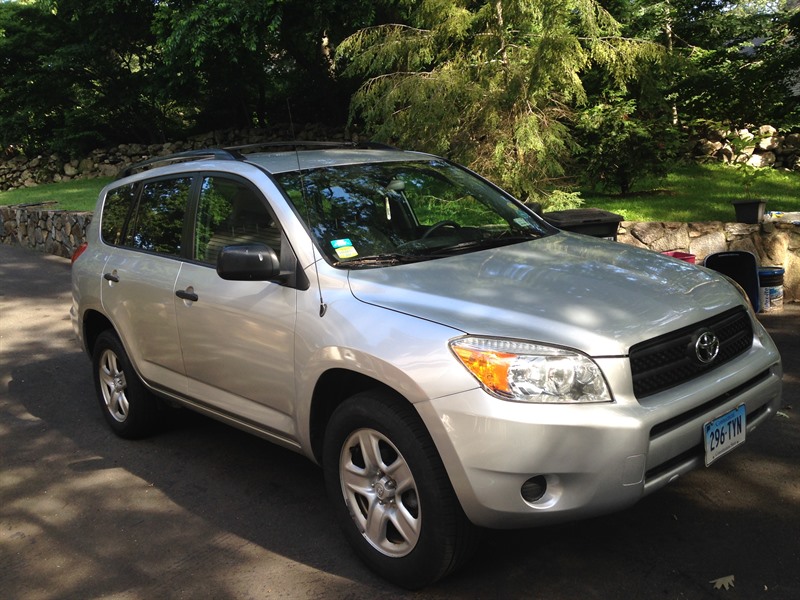
2008 Toyota RAV4 for Sale by Owner in Darien, CT 06820
List your used car onlinesecure transactionsvehicle history check
The production of new goods often requires significant resources, such as raw materials, energy, and labor, while also generating waste and contributing to pollution. Whether through local thrift stores, online marketplaces, or garage sales, the option to buy pre-owned items has created a flourishing market that continues to grow. For instance, when someone is job hunting, it can feel like they’re placing themselves on the market, waiting for the right offer. Therapists offer their services for a fee, and online courses promise to give us the knowledge we need to succeed — all in exchange for money. A piece of furniture, for instance, may hold sentimental value simply because it’s been in the family for generations. Whether buying vintage clothing, upcycled furniture, or pre-owned electronics, the growing popularity of second-hand shopping reflects a broader desire for more sustainable, creative, and conscious ways of living. Conversely, periods of economic growth may lead to more businesses being sold due to increased valuations and higher demand. For example, someone might be able to purchase a used smartphone or laptop with the same features and specifications as a brand-new model, but at a significantly reduced price. This is particularly important in a world where design has become a central element in consumer decision-making. Although the transaction may be challenging at times, the opportunity to buy or sell a business can open doors to new ventures, provide financial rewards, and enable entrepreneurs to pursue their goals. While the online second-hand market has flourished, traditional thrift stores and second-hand shops continue to play an important role in the buying and selling of pre-owned goods. At its core, “for sale” signifies that something is available for purchase, but beyond that, it tells a story of desire, exchange, and transition. It is subjective, shaped by cultural norms, individual preferences, and the evolving standards of various industries. In some cases, it’s not just objects that are for sale, but entire industries or institutions. The durability and longevity of these products mean they don’t need to be replaced as frequently, reducing the need for constant purchases and ultimately saving money in the process. The result is a society that increasingly prioritizes consumption over connection, profit over meaning, and exchange over understanding. Whether it’s an item, a service, or even a person, the act of being “for sale” represents a moment of transition, a shift from one stage of life to another. In this sense, quality is not just about prestige; it’s about making thoughtful choices that contribute to a more sustainable and rewarding lifestyle. Selling such an item can be a difficult decision, yet it often represents the practical need to downsize or make space for something new. For the seller, the goal is often to maximize the value of the business, while for the buyer, the focus is on ensuring that the investment is sound and that the business can continue to thrive under new ownership.
From designer labels to quirky, eclectic finds, second-hand clothing offers a wealth of variety and style at a fraction of the price of new items. Legal experts are often involved at this stage to ensure that the transaction is conducted in compliance with all relevant laws and regulations. Online platforms like Etsy, for example, have given artisans a global audience for their high-quality handmade goods. Whether it’s a handmade leather bag, a vintage watch, or a luxury car, the term “quality” brings with it an expectation — an assurance that the item in question has been crafted with care, attention to detail, and materials that can stand the test of time. It doesn’t fall apart after a few uses, nor does it need to be replaced after a season. The culture of buying second-hand goods is rapidly shifting in the modern world, particularly among younger generations. The growing interest in second-hand goods can also be attributed to shifting cultural attitudes toward consumption. The same logic applies to tools, kitchen appliances, furniture, and even technology. By choosing second-hand goods, consumers can help reduce waste, conserve resources, and lessen the demand for new production. Similarly, a quality suit made from fine wool will age gracefully, developing a patina that speaks to its craftsmanship. Art, music, literature — these expressions of human creativity and emotion are not always bound by the rules of commerce. Thrift stores, estate sales, and online marketplaces are excellent places to find second-hand furniture, with options ranging from antique and vintage pieces to more contemporary items. These brick-and-mortar stores offer a different shopping experience, one that is often characterized by the thrill of the hunt. In this sense, quality is not just about prestige; it’s about making thoughtful choices that contribute to a more sustainable and rewarding lifestyle. When an item is marked as “for sale,” it enters a space where value is defined not only by the object itself but by the context in which it’s placed. Another key benefit of second-hand goods is their positive impact on the environment. Upcycling is a great way to make the most out of second-hand goods, adding both value and meaning to the items that are being repurposed. Quality goods for sale are not just limited to luxury items or high-end brands. While the online second-hand market has flourished, traditional thrift stores and second-hand shops continue to play an important role in the buying and selling of pre-owned goods. However, buying a business is not a decision to be taken lightly.